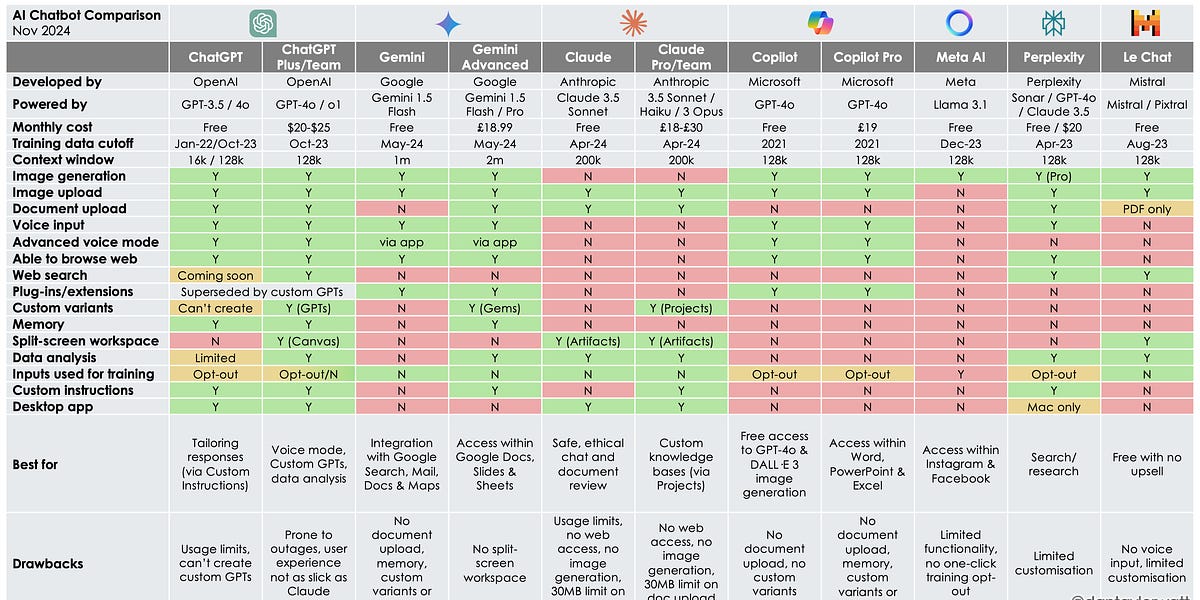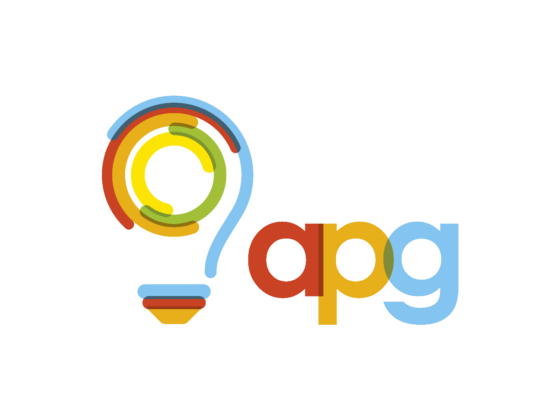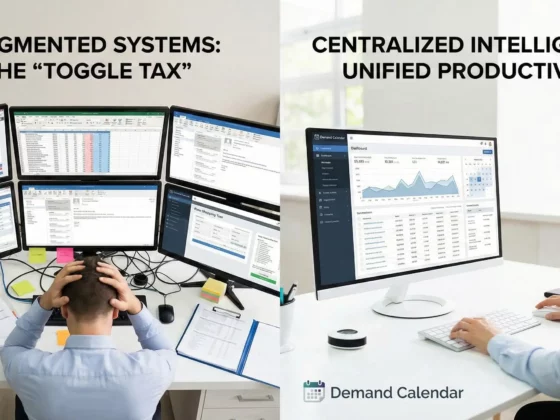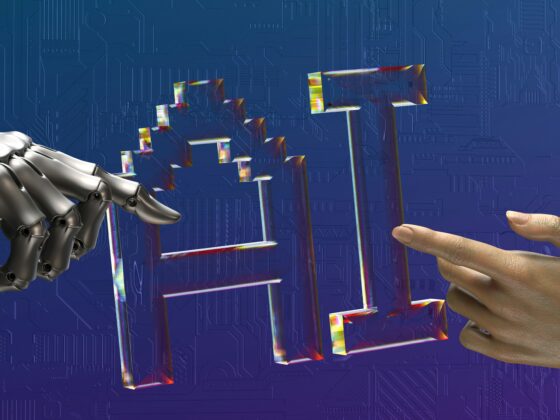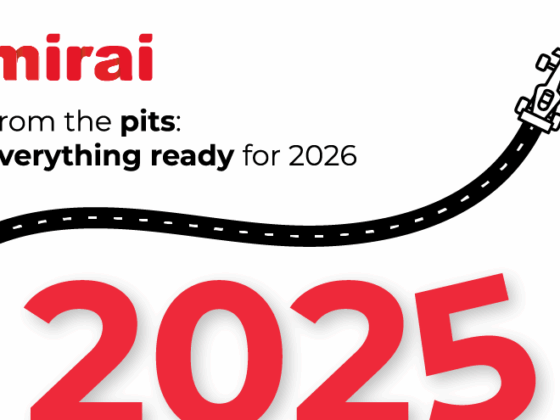Updated AI chatbot comparison matrix
It’s 9 months since I first posted my AI chatbot comparison matrix and 4 months since I updated it. Time for another update, with some new rows and columns…
New entrants
Just a few days after I first posted my comparison in February, French start-up Mistral launched le Chat, notable for a) being free with no strict usage limits or upsell to paid and b) using truly open-source models. However, it was only last week that it added a bunch of advanced features which bring it much closer to ChatGPT & Claude and earn it a spot on the comparison matrix.
Meta AI launched in the UK in October, without much to recommend it beyond integration with its dopamine/cortisol dispensers, Facebook & Instagram. I have begrudgingly added it to the matrix as its likely to be many people’s first experience of an AI chatbot (it already has almost 500 million monthly users, according to Mark Zuckerberg).
New capabilities
In September, OpenAI showed AI chatbots could think slow as well as fast (and correctly count the number of Rs in strawberry) with the launch of the preview version of its o1 ‘reasoning’ model. It also seriously upped the game on voice interaction and personalisation with the much delayed roll out of Advanced Voice Mode and Memory, which Microsoft and Google have since emulated.
In Oct, Open AI unveiled canvas, its coding-centric spin on the split-screen workspace (first introduced in June by Claude), and last week le Chat joined the canvas party.
Later in October, OpenAI released its web search experience, ChatGPT Search. It’s not as good as Perplexity but it’s only a button press away for ChatGPT’s 200 million weekly users.
Also in October, Claude upgraded its models and gave us a tantalising/terrifying glimpse of the agentic future with computer use.
Meanwhile, Anthropic and Perplexity joined OpenAI in releasing desktop apps, meaning Claude, Perplexity and ChatGPT are now only ever one click/keyboard shortcut away.
Google finally rolled out its slightly underwhelming take on custom variants, Gems, to paid Gemini users and played catch up on the competition by (re)enabling image generation via Imagen 3.
Microsoft mostly focused on its enterprise users. It refreshed Copilot’s UX and introduced an advanced voice mode (which is less advanced than ChatGPT’s). It’s also quietly announced it “will begin to use data from Bing, MSN, Copilot, and interactions with ads on Microsoft for AI training later this year” (to opt-out: start a new chat at copilot.microsoft.com by clicking the + icon, click the ‘settings’ link at the top of the screen and toggle off ‘Model training’)
Conclusions
So, what’s all of that done to the rankings?
ChatGPT and Claude are still tied for the top spot for general usage. Claude is, imho, an all round nicer experience but the lack of web access renders it unusable for some use cases. The free versions of both are decent for light users, but the usage limits will frustrate heavier users, as will the inability to create custom variants with unique knowledge stores.
Perplexity is still the don when it comes to search/research, although ChatGPT Search is now nibbling at its heels.
Gemini and Copilot are both fine and their integration with Google and Microsoft’s product portfolios adds to their utility and makes them easier to access. However the free standalone consumer chatbots feel like they aren’t the highest priority for their parent organisations, with limited customisation/document handling. The paid version of Gemini addresses some of these limitations, although I’d suggest your £18.99 would be better spent on Claude Pro or ChatGPT Plus.
Mistal’s le Chat is now a credible alternative for heavier users who don’t want to pay and aren’t bothered about voice mode or customisation. Definitely one to watch.
If you’ve only ever used ChatGPT, Gemini or Copilot, I would encourage you to give Claude (for idea generation, summarisation and analysis) and Perplexity (for search/research) a whirl. They say ‘hire on attitude’ and I find Claude the least grating AI collaborator, whilst Perplexity has replaced the majority of my Google search use.
Note: I’ve limited the scope of this comparison to freely-available generalist AI chatbots with at least some advanced functionality, so haven’t included persona-based chatbots (e.g. Character AI), specialist chatbots (e.g. Jasper), chatbots without any advanced functionality (e.g. Pi), chatbots you have to host yourself (e.g. Ollama) or chatbots that I would have had to given money to Elon Musk to access (i.e. Grok).
